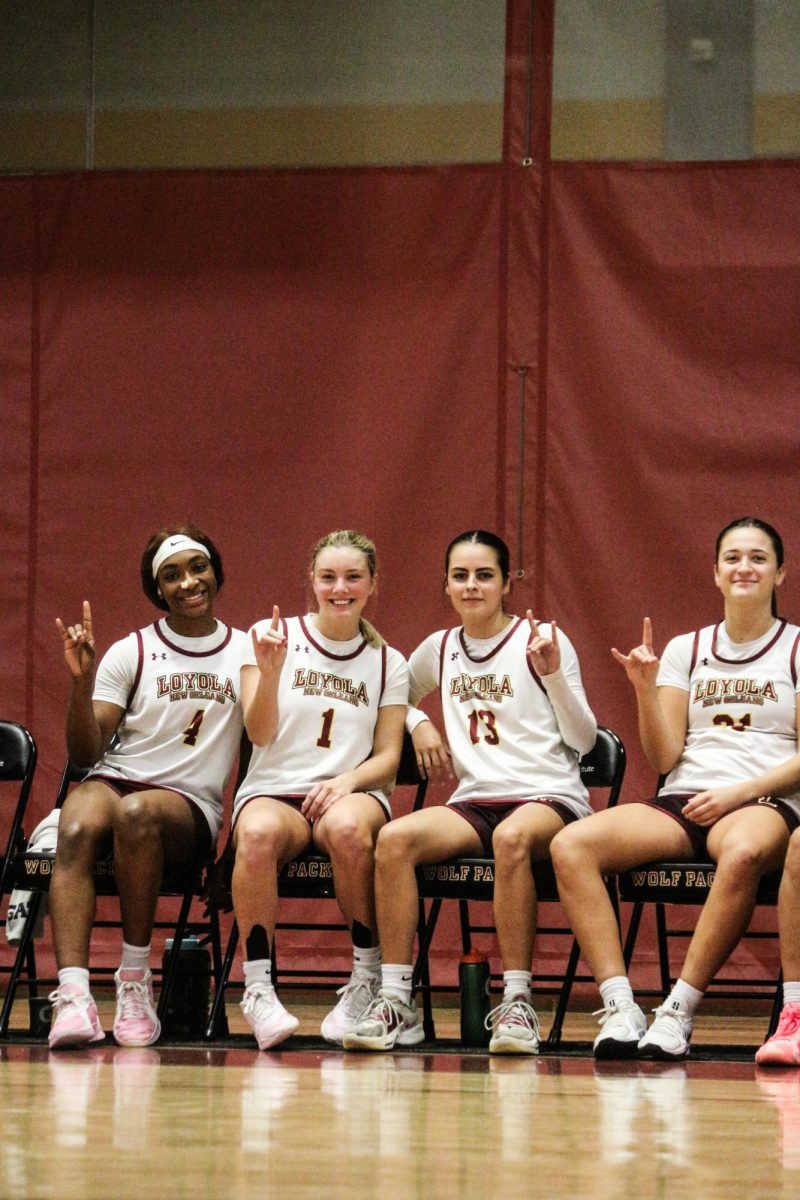Party rock is in the house tonight, but you might be stuck in your dorm wishing you were shuffling. Being broke in college can be tough. It is challenging to rustle up enough money for a weekly round of going to clubs, going out to eat and having the appropriate wardrobe for dancing the night away. It’s not fun to have to hear, “You missed such a great party the other night! Why weren’t you there?”
Fortunately, some of your fellow students have walked this path before. They have their own tips for saving and spending money wisely while still having a busy social life.
Kayla Butler, economics senior, knows how to plan ahead. She said, “I give myself a $100 cushion in my checking account, and a $200 cushion in my savings account. Those amounts will increase as I get older.” This provides a solid financial buffer so she doesn’t overdraft her account, and also helps her to be prepared for any emergencies.
Kiran Harper, finance and accounting junior, said that he has grown thriftier in recent years. “Now I try to save as much as I can, and then I occasionally splurge on something,” he said. Students spend their extra money on a variety of things, such as movies, coffee, meals out, clubs and bars.
Money isn’t the only thing that you can waste in college. Time is also a factor, and learning how to schedule your time becomes important quickly while in school.
Alex Thomas, a biochemistry senior, said he goes out on an average of three times a week, frequenting places on Frenchmen Street and in the Uptown college area. To balance his commitments with an upcoming night out, he said he doesn’t waste as much time during the school day. “I buckle down when I need to,” he said.
Butler agreed with Thomas, and added some advice of her own. “Stick to a schedule and plan your week in advance. Don’t plan too much in a day so you don’t feel unproductive,” Butler said.
Just like it’s important to budget your time, it is important for students to know how to moderate their spending. Public relations senior Kelsey Pabst said, “I don’t feel pressured to go out, but I will sometimes refuse for money reasons. I think that that’s something most college students understand.”
Those “money reasons” can involve a variety of expenses. Butler said, “For clubs and parties, you need money to park, for a new outfit, for drinks, so I will occasionally turn it down. I go to more casual events more often.”
So how do you finance all these nights out? Thomas said he worked and saved up over the summer in preparation for the school year. Pabst, Butler, Harper and Thomas all found that shopping with a list reduces their impulse buying. Butler said she uses cash, not a debit card, to keep from spending more than she meant to when shopping or going out.
If you’re still wondering what else you can do to budget wisely, one place to look for financial advice is close to home: the office of Financial Aid, now located on the fourth floor of Thomas Hall.
Cathy Simoneaux, director of the Office of Scholarships and Financial Aid, said, “We know it’s hard to manage finances for the first time, and to know what to do. We have online resources available to help you manage your money and make smart choices.”
These resources include a 12-step financial literacy online counseling session, electronic newsletters that share money management tips, and information posted on their Facebook and Twitter pages.
Simoneaux believes these tools are valuable for students. “We have found historically…students have dug themselves a financial hole. We want to help them minimize their loan debt for graduation, which helps not to create outside credit card problems in the future.”
Whatever methods of money management you choose to employ, make sure you keep up with them. Then you’ll be ready to go out and paint the town maroon.







